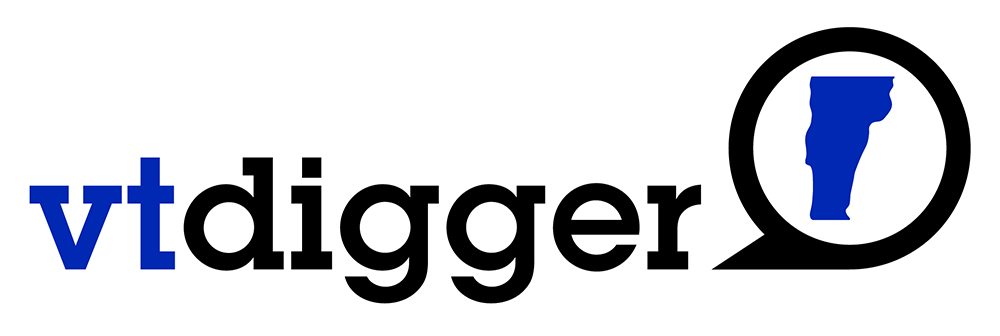Submit an Obituary
VTDigger offers obituaries at no cost as a service to our readers. Please use the form below. Obituary submissions are approved by our moderators before posting. If you have any questions, please contact obits@vtdigger.org. If you’d like to support this resource and our reporting, consider becoming a member.
"*" indicates required fields
